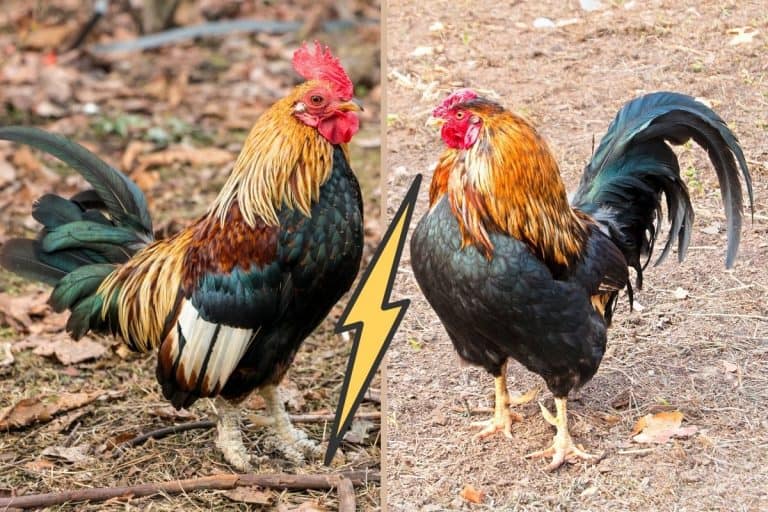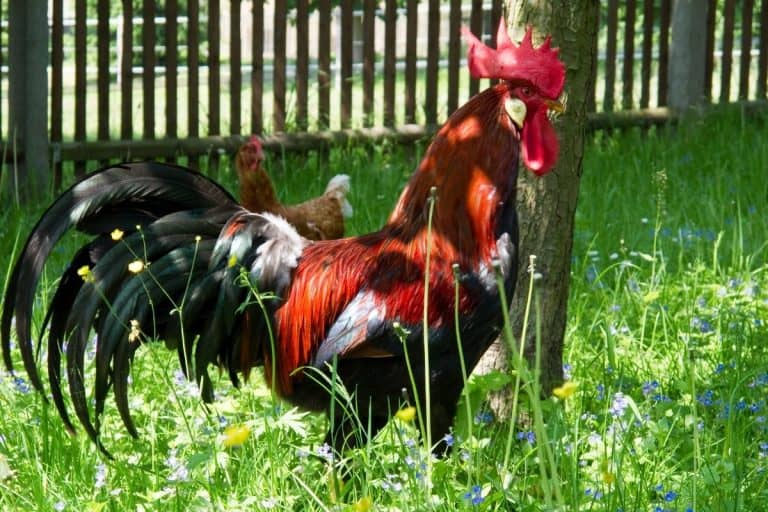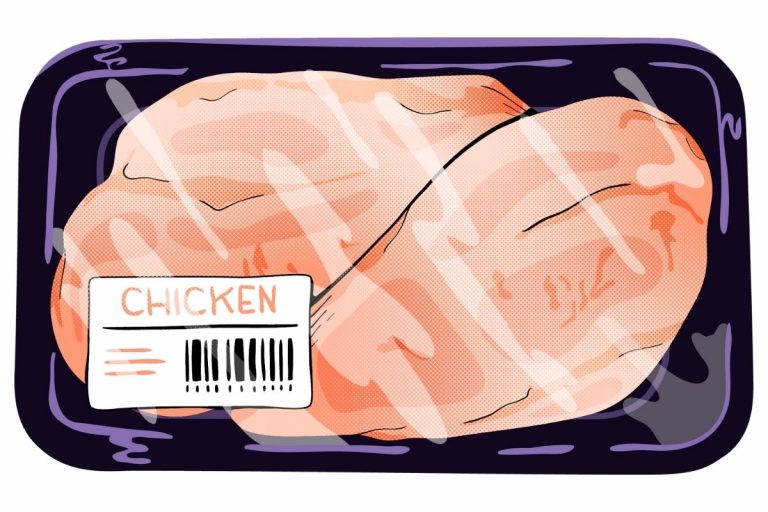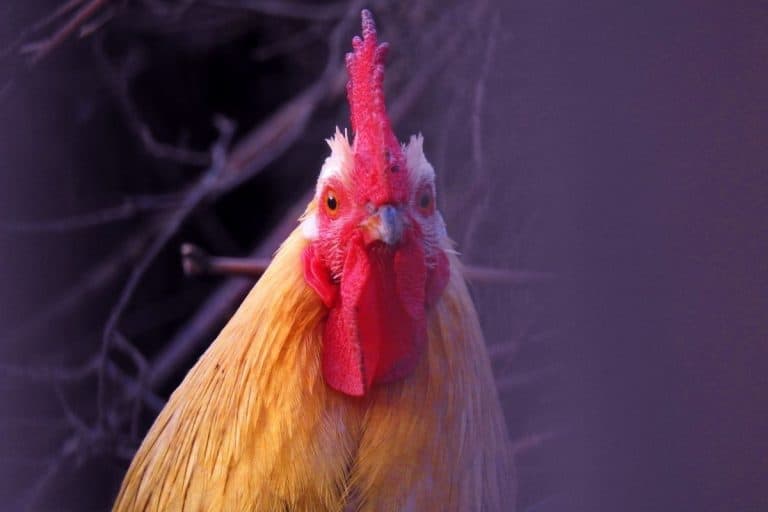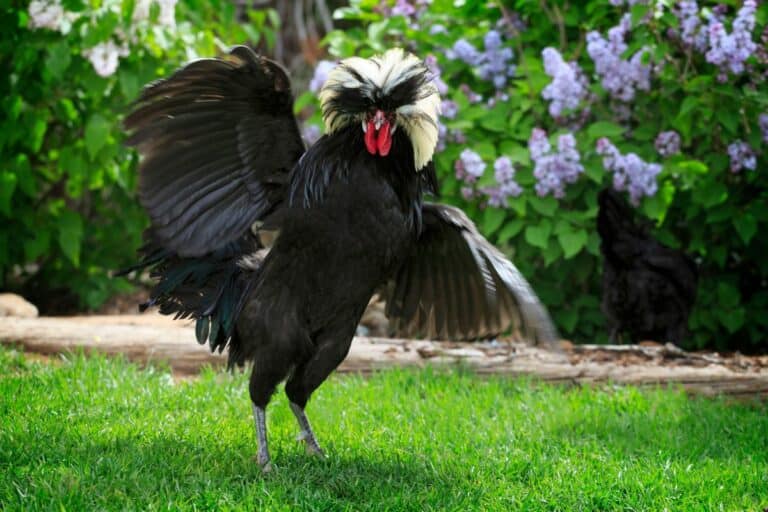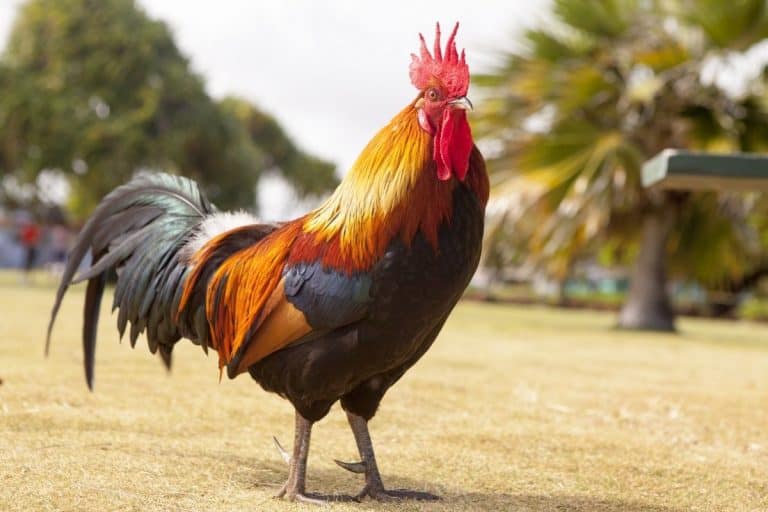Can I Neuter My Rooster? (When, why, how)
When someone orders a batch of chicks to raise, it is always likely that even if you only asked for hens, that you will end up with a rooster. Sexing chicks at a very young age is only about 95-98% accurate. In unfortunate circumstances, you may even have more than one rooster among the chicks that you have to deal with. This is usually when the question comes up of, can you neuter a rooster?
The neutering or castration of a rooster is called “caponizing” and is the process of removing the testicles prior to the bird reaching puberty. It’s no longer a common practice to castrate chickens, and it’s even illegal in some countries like the United Kingdom.
There are many reasons to neuter a rooster. Usually, because it will reduce his aggressive male tendencies, make them fatter and more tender for eating, or just because they have too many but don’t want to get rid of them all. Explained further will be information regarding more reasons why someone would choose to caponize their rooster and how it is done.
But before you dive into this topic, did you know I've got a page packed with my go-to chicken stuff? From the best feed to handy tools, it's all there. Don't you want the best for your flock? Check it out right here.
How do you neuter a rooster?
A rooster can be neuter either with a surgical technique consisting of removing the testicles, or with a chemical castration with an estrogen implant. In both cases, it’s better to call a veterinarian for these procedures.
Caponization is the process where the testicles are surgically removed, ideally while the rooster is at a very young age. Once a rooster is castrated, he is called a capon. This procedure was once common but has fallen more out of practice.
When surgically removing the testicles, the rooster is not normally put under anesthesia. There are instruments and information to help any “hobbyist” perform the procedure. But in a good moral sense, it should only be done by a licensed and knowledgeable veterinarian.
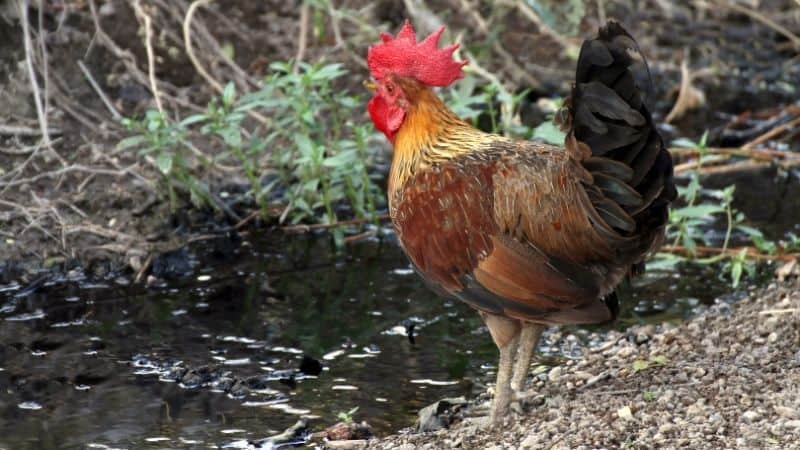
Instead of being like most animals, a rooster’s testicles are inside their body, closer to their back and under the rib cage. There is the surgical technique of just removing them and then there is a slightly more practical and less invasive option called chemical castration.
- Chemical castration is where an estrogen implant is placed into the back of the chicken and this stops the production of testosterone, therefore caponizing them chemically. While this method is considered much more humane, it is also debatable that the meat of the bird is safe for human consumption due to the hormones.
- Some people feel that a caponized chicken plays a surrogate hen pretty well when one is needed. They have a tendency to be more pleasant with the chicks and even seem to enjoy it. But an intact rooster may try to kill chicks if he feels like they are taking up too much of the hen’s time.
Wait, I have some recommendations for you!
Before you go any further, I want you to take a look at some of the recommendations I've handpicked for you. I think these are essential items you should have for your chickens flock. You can check them out and buy them directly from Amazon.
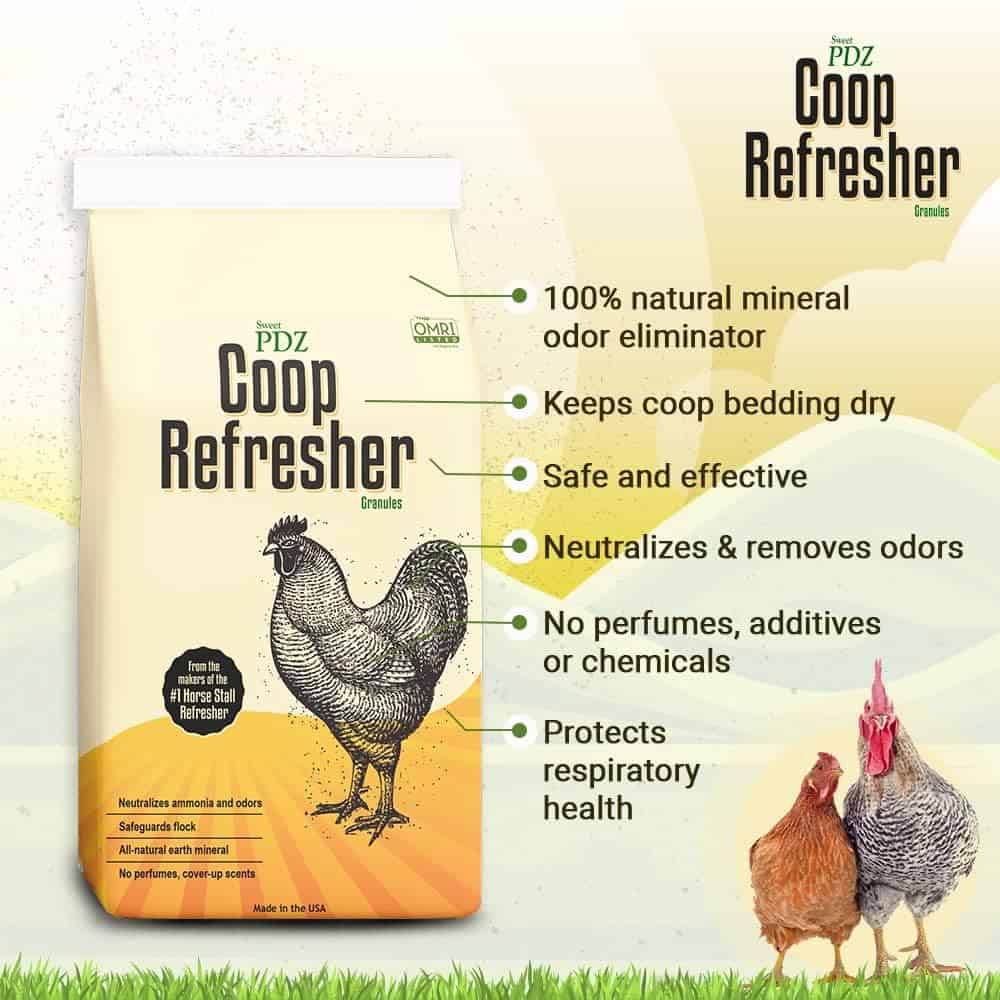 |  | 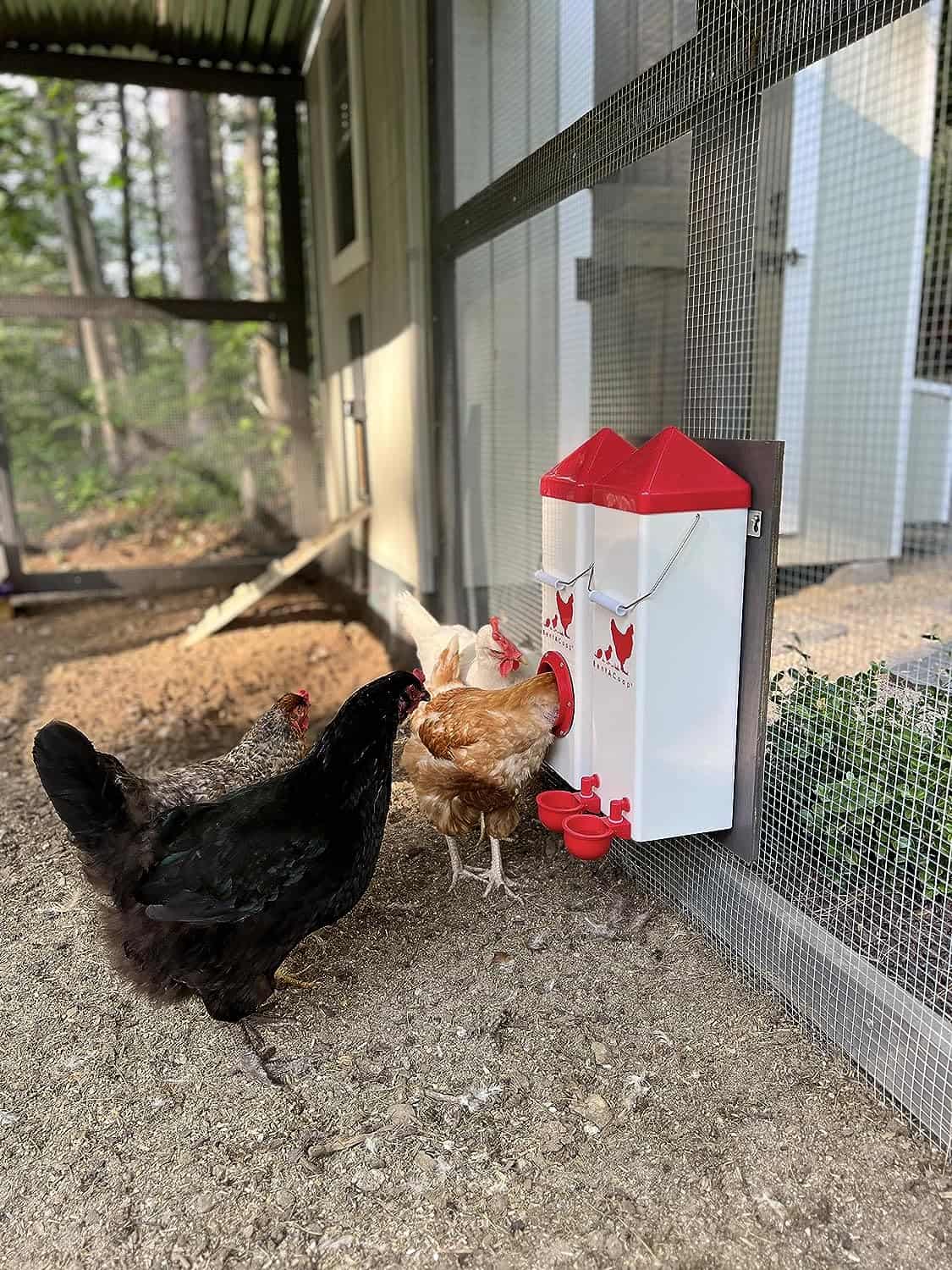 | 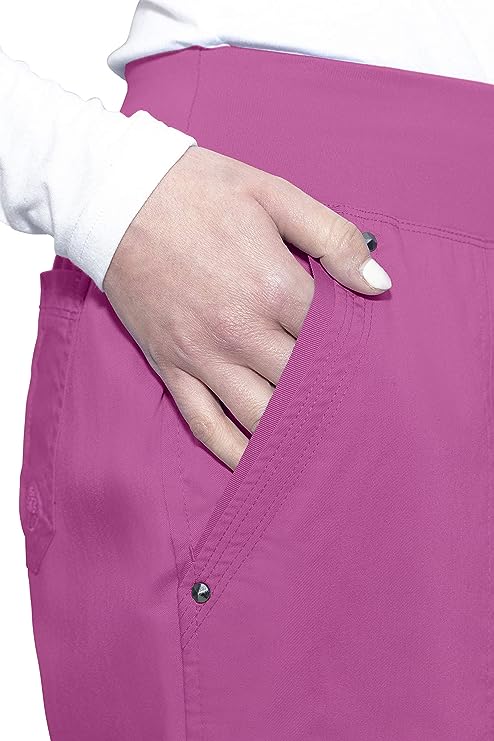 |
| Essential accessory for your coop | No more tripping over hoses! | Predator protection made easy | Comfort + style is possible |
Do you caponize a rooster?
It is no longer a common practice to castrate chickens. Even most veterinarians that specialize in exotics and birds won’t touch neutering a rooster or most birds for that matter.
While there are some people who are trained in the art of caponization (I say art because it requires a lot of skill and finesse), they are rare individuals.
There seem to be people out there who can perform a caponization. They are self-taught through articles or internet forums, books, and online videos. There are kits that can be purchased with instruments for this specific procedure.
Another reason castration is not done much anymore is because the market for capon really isn’t there. Due to the size and cost of a capon, most families wouldn’t find them an appropriate fit for everyday use and meals. Those that are in the very niche and small capon market will tout that the meat is extremely flavorful, buttery, and moist compared to other broiler chickens and turkeys.
Why do you neuter a rooster?
Caponization has been performed because farmers want to put their roosters to good use but without all the fighting and aggressive behaviors.
Castrating roosters was started and practiced by the Romans to fatten them up and make their meat more tender, since a caponized male will get twice as big as an intact rooster.
People will neuter roosters for the same reasons the Romans did, for food. But be careful though, as caponizing is illegal in some countries due to animal welfare concerns, it would be best to do your research on your countries laws prior to having it done.
Caponizing Roosters for Food
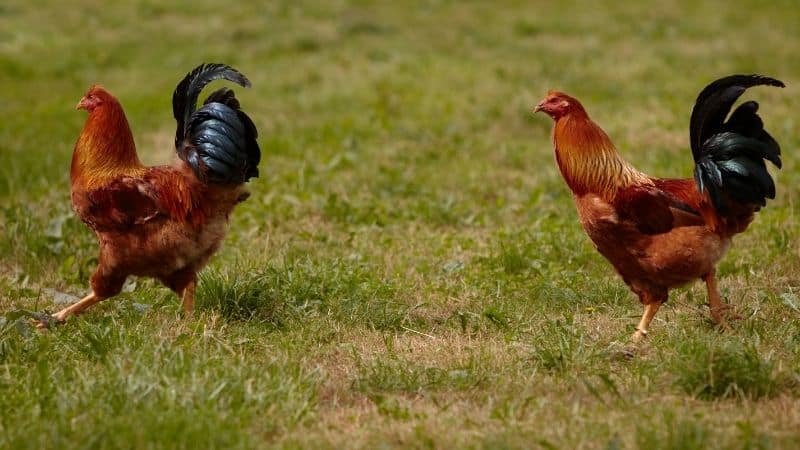
Typically, people who are caponizing chickens for food are advertising to a very small and niche group. You can find capon in specific Kosher supermarkets, poultry markets, and butcher shops, but won’t find it at a general grocery store.
Because capon doesn’t fit with the industrialized and streamlined model of farming and raising poultry, the larger corporations that control most of the poultry market don’t want them.
They don’t see the point in spending the extra time to castrate, raise and feed them for the very small and niche market that they appeal to. Especially when they could be using those resources to raise regular chickens for the average consumer.
When do you Neuter a Rooster?
As a general rule, castration should be performed as young as 2 to 4 weeks and no older than 3 months. The younger the bird the better because there is a lower mortality rate with the procedure. Plus the fewer male hormones the bird experiences the less aggressive and rooster-like he will become.
If someone is looking to raise the capon for food purposes, it is even more practical that he be neutered at a younger age in order to prevent the meat from becoming tough and stringy. This practice is similar to the ones used in cows and bulls. Slaughtering them while they are young will render more flavorful and tender meat.
It is possible to caponize an older rooster, but they are at a much higher risk of death and complications. It will be hard to find a veterinarian who will perform a castration on a rooster, let alone one that is beyond the recommended age for the procedure.
Does caponizing make roosters less aggressive?
Having a rooster neutered at a very young age will certainly reduce the likelihood that he will be aggressive and much easier to handle. Caponizing a rooster prior to puberty will reduce his typical male tendencies, making him more manageable and peaceful.
Most backyard flock raisers consider them to be fat, lazy, and rather pleasant.
With capons, it is also possible to have several of them in one flock without all the fighting that comes along with having multiple roosters. They will still defend their hens and warn the flock of any danger like an intact male would. Although, he may be a little less quick to do so.
Will Neutering a Rooster Make Him Crow Less?
There have been many studies that show that caponized chickens, as long as the procedure was done while they were very young, will act more like non-laying hens and will be generally quiet and complacent compared to an intact rooster.
However, if the rooster was allowed to reach sexual maturity and experience, intact male behavior, caponizing him is unlikely to cease his crowing. The same goes for a lot of his other male behaviors such as aggression.
If a rooster is being castrated because the owners are tired of the crowing, it may not be a guarantee that this will stop the unwanted behavior since he has had ample amounts of testosterone to create a bad habit.
Why is caponizing illegal in some countries?
It is not currently illegal in the United States to castrate chickens, but it is in the United Kingdom. The veterinary and chicken enthusiast community deemed it not only extremely dangerous but cruel as well because of the lack of anesthesia and the overall anatomy of chickens making it more difficult.
Chickens have a tough time with anesthesia, and putting them under for caponization is one that has a high mortality rate, around 25-30%. It is extremely rare to find a licensed veterinarian that will perform this procedure at all, no matter the age or reason. Because of the lack of vets willing to perform castrations, farmers and other chicken hobbyists have started doing the surgery themselves without any anesthesia and with only minimal training, YouTube videos, and trial and error.
The restraint technique for holding them down is considered barbaric, and they do not receive any analgesics or antibiotics prior to or afterward.
What makes performing the castration particularly difficult and dangerous is that the testicles are inside the body near the heart and other major organs. There is an important artery that runs near the testicles, which are only about the size of a grain of rice, that can be easily cut or torn resulting in the bird bleeding quickly to death.
Sometimes if the backyard neutering isn’t effective then you have what the chicken community calls “a slip” which is where you don’t have a rooster or a capon because he is only partially castrated.
Many chicken enthusiasts and farmers also feel like the chicken’s quality of life can be affected by castration if it is performed after sexual maturity. They gain a lot of weight and sometimes become sedentary or depressed. This is why it is more practical to castrate them early and only if you plan to use them for food.
Essential Tools for Chicken Owners
Check my curated list of essential products!
I’ve gathered all the best products that have helped me with raising my chickens, so you don’t waste time on bad ones.
Find my complete list of recommendations here.
For more tips, guides, and recommendations, you should definitely subscribe to my newsletter.
Use the form below, it’s free.


